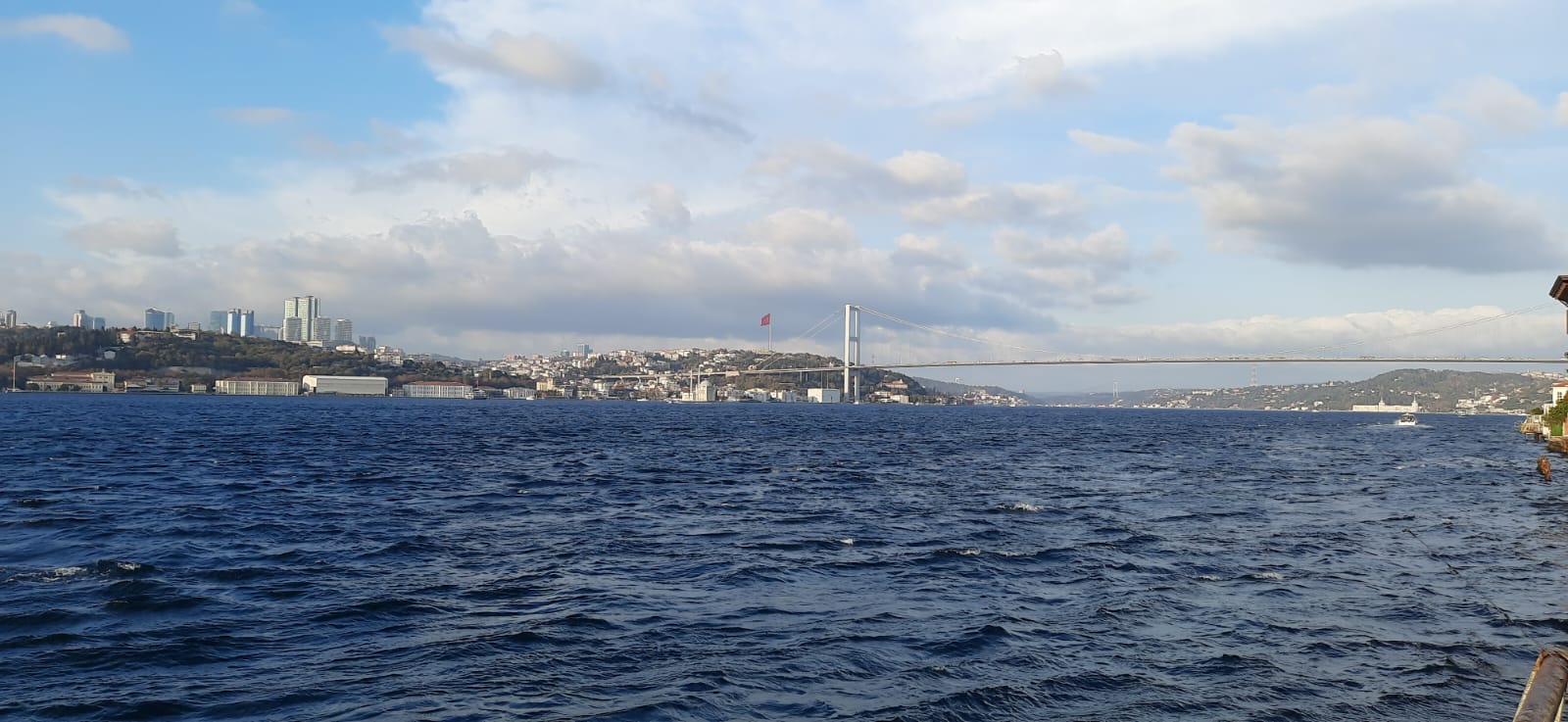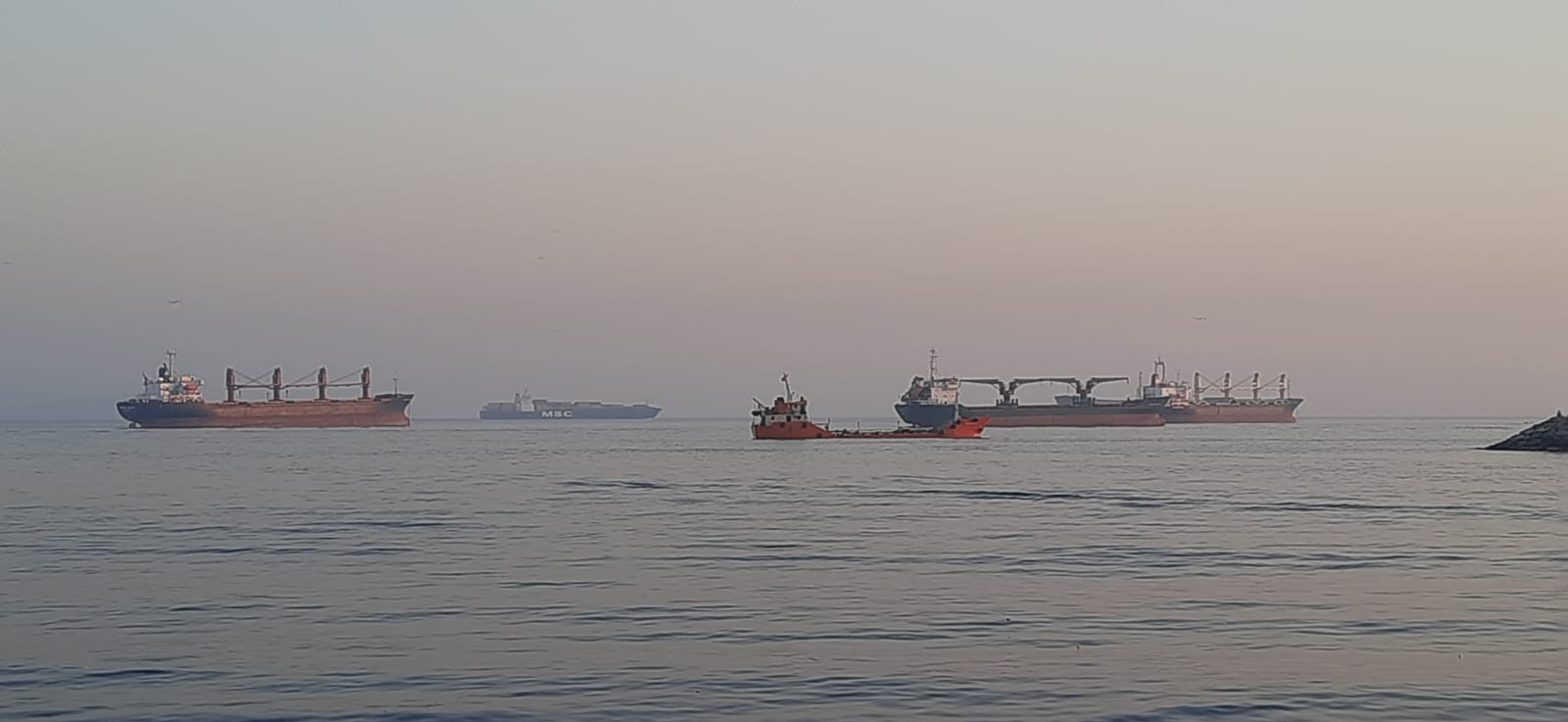
Turkey has increased the fees for the passage of the Straits again. From October 2022, the fee growth has exceeded 5.5 times which presents an essential load on shippers amid the decreasing freight rates. It can be said that Turkey makes money on sanctions and lack of infrastructure in the Far East of Russia.
According to Turkish media referring to the decision of the maritime administration under the country’s Ministry of Transport, Turkey will increase fees for the passage the Turkish Straits by 34 cents per tonne, to $4.42 per tonne (of vessel’s net tonnage). Although it is a slight increase the growth from October 2022 has already exceeded 5.5 times, by $3.62 per tonne. Is that a slight increase?
According to the Montreux Convention, Turkey guarantees freedom of passage for all civilian vessels through the Straits but is entitle to charge a fee for the use of infrastructure.
For an average tanker of MR class, the fee for transiting the Straits is now equal to freight rates for 3-4 days while before October it was equal to freight rates for about 0.5 of a day (the comparison is based on average spot freight rates in the analyzed period).
For an average Handysize bulker, the fee is equal to freight rates for 5.3 days versus 1.3 days before October. For larger bulkers it is up to 10-day freight rates and above.
So, it can be stated that the fee for the passage of the Straits is getting quite costly. What is the reason behind the increase undertaken by the Turkish authorities?
In our opinion, Turkey makes money on the dramatic change of logistic flows related to Russia and caused by geopolitical situation. A considerable part of cargo flows shifted from the North-West ports to the South. Limited capacity of railway infrastructure on the routes to the Far East ports aggravates the situation. Besides, there is lack of specialized terminals for certain types of dry bulk cargo (grain, mineral fertilizers) in the North-West and in the Far East.
In this context, we note that grain shipments via the ports of the Azov-Black Sea Basin rose 2.2 times to 14.6 million tonnes in the first quarter of 2023, mineral fertilizers – 2.4 times to 1.3 million tonnes, crude oil -by 12% to 23.2 million tonnes, petroleum products – by 3.3% to 13.8 million tonnes.

The port of Taman attracts shippers particularly since it can handle 200,000dwt tankers, as we wrote earlier.
The port of Novorossiysk, in its turn, is getting increasingly popular for organization of deep-sea container roues from Asia. Such lines already link the port with China and India.
As Denis Bobrakov, General Director of Black Sea Shipping ACEX in Novorossiysk “the key terminal of Novorossiysk port was focused on handling large ships of Panamax class. Now it services small ships of 100 to 500 TEU sailing between Turkey and Novorossiysk. There are several berths in the port, so several ships od low tonnage can be unloaded quite promptly.”
If freight rates continue decreasing and the fee for passing the Straits continues growing, we expect the ship owners look at the North-West ports. Anyway, Russia should debottleneck the Far East direction at an accelerated pace by increasing the capacity of railways and building specialized terminals in the Far East Basin (first of all, terminals for grain and mineral fertilizers).
Sabrina Mukfi.
More industry-related content is available on our social media pages: YouTube, Telegram, Yandex Zen



